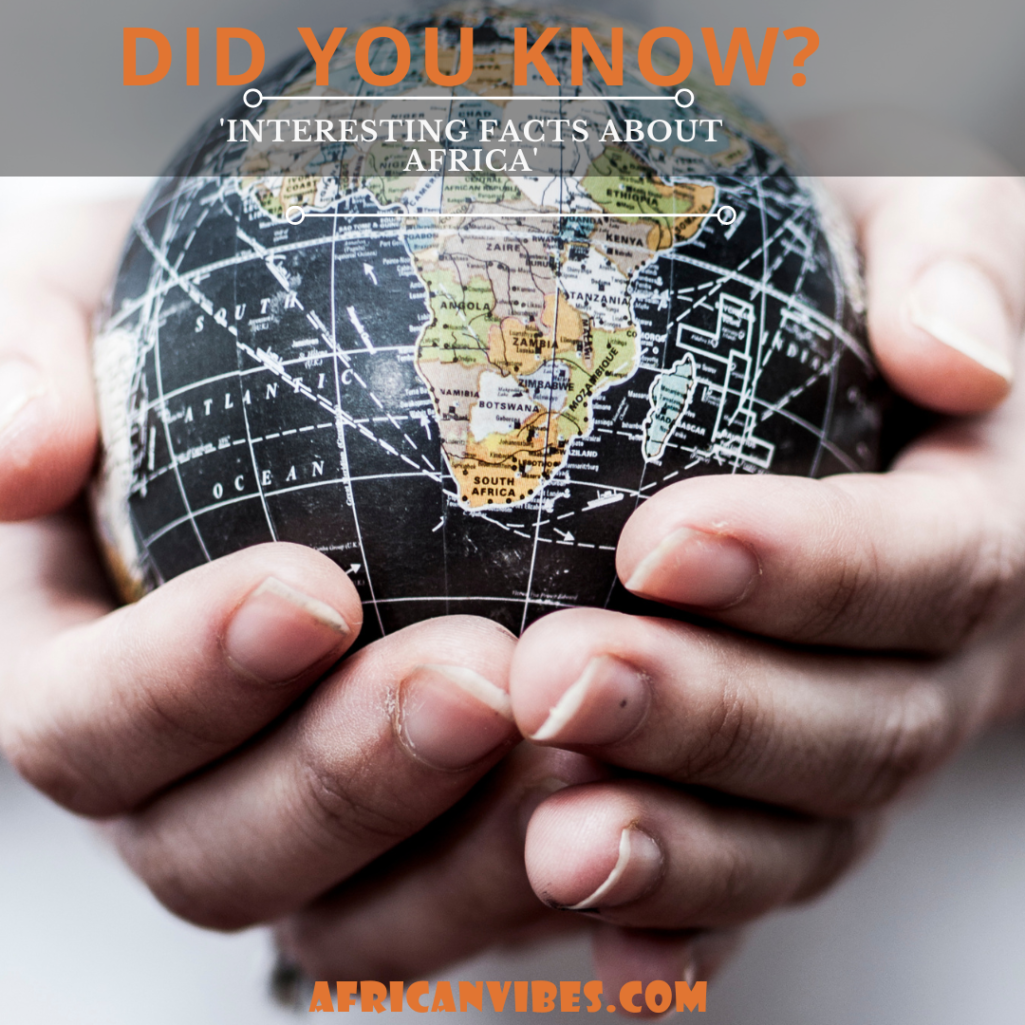Keith Dutlow And Lisa Marabini Saving Small And Big Animals With AWARE Trust


In Western countries, the life of animals is a big deal. There are laws that protect animals from hunters, poachers, and abuse. Sadly, that is not the case with Africa. Most African countries have no laws protecting animals. Therefore, wildlife like rhinos and elephants are persistent targets for poachers for their prized horns. Consequently, several animals are facing the risk of going extinct.
Notwithstanding the lack of protective laws, AWARE Trust, a nonprofit, is helping animals fight back. The organization found by Dr. Keith Dutlow and Dr. Lisa Maralini has been working on protecting wildlife in Zimbabwe. But, what was the motivation behind the finding of the organization? What is their biggest success to date? Read on to find out.
ALSO READ: Thinking Of Volunteering? Here Are the Top Ten African Volunteer Programs
Background of Keith and Lisa
Keith Dutlow and Lisa Maralini are married couples with the same interest; a love for animals. Individually, they went to study Veterinary Sciences and fell in love with helping wildlife. Keith Dutlow graduated from the University of Zimbabwe as a veterinary doctor in 1994. He went on to become one of the Members of the Royal College of Veterinary Surgeons (MRCVS) by examination in 1996. Since then, he has worked in three countries, Zimbabwe, UK, and Australia. He has garnered experiences during these times. In 2004, he decided to start Animal and Wildlife Area Research (AWARE) Trust Zimbabwe with Dr. Lisa Maralini.
Lisa is also a passionate lover of wildlife. While envisaging her future, she decided to obtain a private pilot license in 1994. As a student, she knew that she wanted to become a wildlife vet. After her graduation in 1998, she became a member of the Royal College of Veterinary Surgeons. She got a job as a small animal vet in different countries. However, her passion for wildlife was not diminished. Consequently, she joined a voluntary service in wildlife. Luckily for her, she got an opportunity to work under Dr. Chris Foggin to trail government wildlife for a year.
It was at that point that she had to work with Keith Dutlow who was already in wildlife veterinary practices. They tested 2,000 cattle for various diseases in Great Limpopo Transfrontier Conservation Area (GLTFCA). This big project was funded by Peace Parks Foundation (PPF). Although they have known themselves since 1994, they got married in 2004.
Motivation to start AWARE Trust
Like Olver Twist, the success of the work with PPF made the couple push for more. The desire was so strong they had to start a wildlife agency. With their individual and shared experiences, it was certain that they could lead a successful veterinary non-governmental organization. Dr. Keith took the initiative to pay twenty dollars ($20) for the registration of their brainchild.
ALSO READ: Zimbabwean president considers donating wildlife to Angola
They called it Animal and Wildlife Area Research (AWARE). Subsequently, they changed the name to Animal and Wildlife Area Research and Rehabilitation while retaining its acronym. AWARE is seen by the founders as a grassroots veterinary trust. Its aim is to take care of animals in rural areas and also animals in the wild. AWARE Trust has witnessed remarkable growth—but not without difficulties.
AWARE Trust early challenges
Access to funding was one of the biggest challenges of the non-profit at the early stages. In fact, immediately after the inception, there was a latency period of two years due to inadequate funding. On one occasion, it took them about six months to get international funding for their first project. It was a disease surveillance project on wild animals living in the Great Limpopo Transfrontier Park (GLTP). They needed helicopters, machinery, and specialized workers like scientists, etc. With time and persistence, they got adequate funding. They held on till they captured the minds of bigger organizations like SPANA, etc.
Also, dealing with wildlife comes with some risks. Wild animals often attack vet officers. There are many incidents of officers sustaining injuries from animals during the course of treatment. At one time, Rocky (pet name for a particular rhino) butted Dr. Keith during its dehorning. Dr. Keith sustained multiple injuries as a result of that. Meanwhile, the team is more careful while dealing with rhinos. Since Dr. Keith is the director of Medi-Vet P/L Zimbabwe, he has access to tranquilizers.
The success of the non-profit and expansions
AWARE Trust runs a number of enviable projects with the aim of protecting wildlife. Due to their success over the years, they are now thinking about expansion. Below is a highlight of some of their successful projects and why they matter.
Village dog project
Most domestic animals like dogs interact in some cases with wild animals. Thus, domestic animals sometimes transfer infectious diseases to wild animals. Therefore, AWARE Trust initiated so many rabid vaccinations among the rural communities. They are certain that it would curb the prevalence of infectious diseases among wildlife.
ALSO READ: Do you want a new pet? Have a look at 7 unusual animals you can have as a pet
The dehorning of rhinos

In Zimbabwe, people poach rhinos and cut their horns for medicinal and commercial purposes. This leads to the indiscriminate killing of these animals. One kilogram of rhinos horn goes for as high as $60,000. Thus, some hunters kill them for their horns. By dehorning the rhinos, AWARE Trust makes them unattractive to the poachers. Like Rhino 911, AWARE has tried to sustain about 27,000 rhinos by dehorning them. It is important to understand that dehorning has no side effects on the rhinos. It is similar to shaving in humans.
Rehabilitation of wild animals at various parks in Zimbabwe and South Africa
Care of animals does not stop at preventive measures against poaching but also remediation to stabilization of injured/wounded animals. They have treated a lioness with hematoma and tried to stabilize rhinos injured by poachers to mention but a few.
Empowerment programs set up by AWARE
AWARE Trust teaches rural dwellers—children and adults—to understand the need to care for domestic and wild animals alike. Consequently, this has increased animal awareness among villagers.

ALSO READ: A 19-year-old South African wins international photography prize
Scientific researches
Knowing the importance of funding and the difficulty in getting them, they have decided to serve as a medium through which vet researchers can access funds with their research proposals. Finally, they take good advantage of their shared mission with SPANA by initiating donkey health promotion. This alliance helps rural donkeys to get proper care.
4 lessons from Dr. Keith and Dr. Lisa
#1. Persistence is the key to the survival of AWARE
The challenges and burdens of starting a new venture are inevitable. Dr. Keith and Dr. Lisa would have given up during the first years of their brainchild. It was difficult to run the non-profit without funds. It will take time, treasure, and talent to continue an action. Obviously, even if you have grit, you need financial backing to succeed in any venture.
#2. People around you matter
The choice of partner will affect your passion, career, etc. It is always a good thing to find a partner that shares your interest.
#3. Big changes start small
The way AWARE Trust grew validated the fact that big things take time. Beith and Lisa were the only vet officers from the start. Currently, it has grown to include several officers. This has helped them to carry out the intense work demand by their mission.
ALSO READ: List Of Catholic Charities Making Impactful Change In Africa
#4. Act with the end in mind
Lisa knew what she wanted to do and the skills needed for it. The need to have a pilot in the wildlife veterinary profession is indispensable for successful operation. By obtaining a personal pilot license, it is easier for them to fly a helicopter. At the same time, the experiences gathered by Dr. Keith helped in the establishment of AWARE Trust. Thus, it is vital for everyone to think deeply about their future and how best to get to it. For instance, if you are thinking of owning a corporation, learn how to manage people, resources, and clients. Those experiences will help to shape the destiny of your establishment.
Conclusion
AWARE Trust is the perfect illustration of the mastery of courage. The founders are relentless in showing that every life matters. It makes them exceptional and unique in the Veterinary Science World. The story of Beith and Lisa is a motivation for us to work on that dormant project that will benefit the world. However, you can start by learning the relevant skills around your goal.







Responses